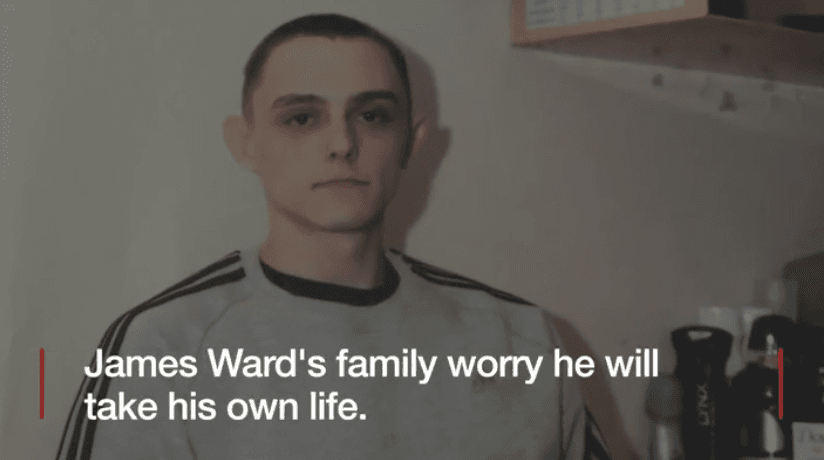James Ward was 19 when he was given a 10-month jail sentence in the U.K. for arson. Eleven years later, he’s still in prison.
Ward’s release date has been delayed because of a program called Imprisonment for Public Protection (IPP) that was introduced in 2005 to keep dangerous convicts—such as sex offenders and murderers, who still posed a threat to society—from being released.
Prisoners kept incarcerated under the program had to satisfy a parole board that they were not a threat to society before they could be released.
It became problematic when prisoners with minor offenses were put in the program, but were not given access to the rehabilitative resources they needed to satisfy the parole board’s requirements. The program also contributed to overcrowding in U.K. prisons, and in 2012 was abolished.
Although IPP is no longer used, its abolition wasn’t retroactive, and there are more than 3,300 prisoners in England and Wales that are still incarcerated under the program today, the BBC reports.
Several studies show that the uncertainty around when they will be released has taken its toll on the mental health of prisoners like Ward, who was put under the program after he set his mattress on fire in 2006.
His family says he has been hurting himself and worry that he may soon try to take his life.
A mental health assessment required before he can go before the parole board has been delayed for a year, the BBC reports.
“And I know he has the plan to kill himself if he doesn’t get what he needs,” his sister, April Ward, told the BBC.






